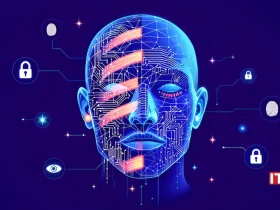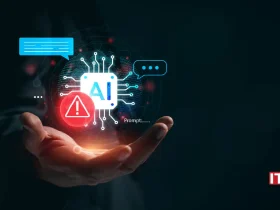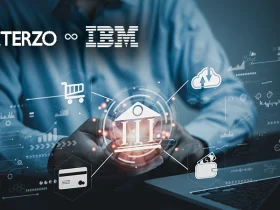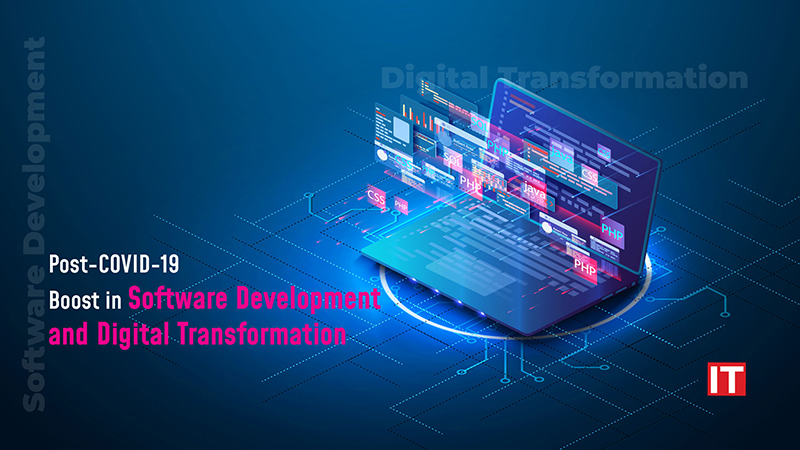COVID-19 made us witness what it truly means to go digital. The landscape of work procedures has been transforming ever since the pandemic hit the world. Considering the lockdown phases and the unpleasant lessons for both businesses and employees, the work software we use and our conventional views about working from home have evolved simultaneously. So, returning to offices and employing the same old software and work processes as before is not an option anymore.
Software development has been breaking conventional business practices leading to digital transformation. Every business is incorporating new strategies to deal with upcoming challenges. In this blog, let’s dive in to understand how the scenario after COVID-19 has changed and how industries have accepted and adapted to the new normal. Let’s begin!
What is Digital Transformation in Software Development?
 On a practical level, the pandemic transformed the requirements and priorities of all businesses. Companies turned to technology in larger numbers to meet their business requirements and priorities. With fewer physical encounters, many businesses relied on digital connectivity to stay afloat. Consumer brands and retailers who have adopted digitalization saw an increase in online orders and were able to run their businesses online. All these scenarios give the exact definition of digital transformation.
On a practical level, the pandemic transformed the requirements and priorities of all businesses. Companies turned to technology in larger numbers to meet their business requirements and priorities. With fewer physical encounters, many businesses relied on digital connectivity to stay afloat. Consumer brands and retailers who have adopted digitalization saw an increase in online orders and were able to run their businesses online. All these scenarios give the exact definition of digital transformation.
In the last two years, the coronavirus pandemic has accelerated worldwide digital acceptance, with practically every firm in the world undergoing some type of digital transformation. As a result, digital transformation has dramatically transformed the way businesses are conducted and given SMEs infinite potential for development. Many tech-related sectors now promote the growth of digital mediation, which would be impossible without one key activity: software development.
While many organizations found that working from home hampered communication and restricted collaborative work, the change of setting resulted in greater productivity letting people work in their most comfortable environment. As a result, the demand for software development increased and is still on the rise.
Development of Software in Recent Years
 Software development is an evergreen field that is continuously changing and evolving. With every passing year, the development of technology takes a drastic turn and comes up with new and advanced approaches to solving a particular problem or situation.
Software development is an evergreen field that is continuously changing and evolving. With every passing year, the development of technology takes a drastic turn and comes up with new and advanced approaches to solving a particular problem or situation.
There’s no doubt that the industry of software development is increasing exponentially. By 2023, the market is projected to grow from an annual $593 billion to roughly $737 billion, according to Statista.
The emerging trends in software development in the digital transformation process are artificial intelligence, augmented reality and virtual reality, web 3.0, blockchain, demands for cloud-based services, and many more. In order to understand some of these developments, let’s briefly go through them.
Augmented reality/Virtual reality
AR/VR is a prominent area in the software development industry. This technology is bridging the gap between the digital space and the physical world, providing the user with an experience of the world that is very similar to the real world. From the gaming and entertainment sectors to medical education and training, AR/VR technologies are being used to get assistance in their businesses.
WEB 3.0
Web 3.0 is in the development stage and will be the successor to Web 2.0. After Web 1.0, which was the early web of static web pages, Web 2.0 became the second generation of the World Wide Web, which is the present stage of the internet comprised of user-generated content. It can be further understood by considering the idea of a platform that evolved from static web pages without any interaction to dynamic applications that allowed a broad range of sharing and contributing ideas. Now, with Web 3.0, users will be able to engage with one another in a more secure and transparent manner, which will define the idea of a decentralized web. This will lead to new software development.
Artificial intelligence (AI)
The biggest invention in the software development industry, which is the latest emerging trend and very popular in today’s world, is artificial intelligence. AI has entered every field, be it art, music, education, medicine, etc. In terms of software development, AI has played a vital role in assisting coders. Developers are immensely benefited by artificial intelligence. Using specific extensions, AI-assisted coding can automatically finish and recommend a developer’s work.
Challenges of the Digital Transformation
A report derived by KPMG Global Tech Report 2022 states that 44% of industries lack capable talent (data scientists, engineers, etc.). 32% require a high cost of new systems and necessary talent, which slows down software development. In many organizations, the challenges are that the employees are change-resistant and want to work with the existing technologies without updating themselves.
Also on the negative end, despite the fact that demand for important service providers had actually declined, however, the data and software developer jobs were expected to expand and will generate more opportunities in the future. Be it the COVID era or the post-COVID era, technology has played an important role in ensuring that a remote workforce is as efficient and productive as possible. This in turn has been the driving factor in the increasing demand for software services, and businesses need to work on their long-term objectives, work on their weaknesses, and stay updated on the new trends that can help them grow.
Conclusion
Today, in the post-COVID era, the future of software development is still bright. With a drastic shift towards more flexible and hybrid working methods, increased digital spending, and evolving consumer needs, the need for software development will keep on increasing. Software development in digital transformation is a popular area of discussion where the need to update and change is inevitable, and new ways of approaching life through this development in software will help businesses and customers interact in a better space. However, as the pandemic has impacted every aspect of the IT industry, the software service industry may still experience some hindrances from time to time and find its way to come up with more easy solutions.




































